Money
Life becomes harder as market prices take off
Prices of essential goods have soared as store shelves are starting to empty due to the embargo by India, making life difficult for the general public.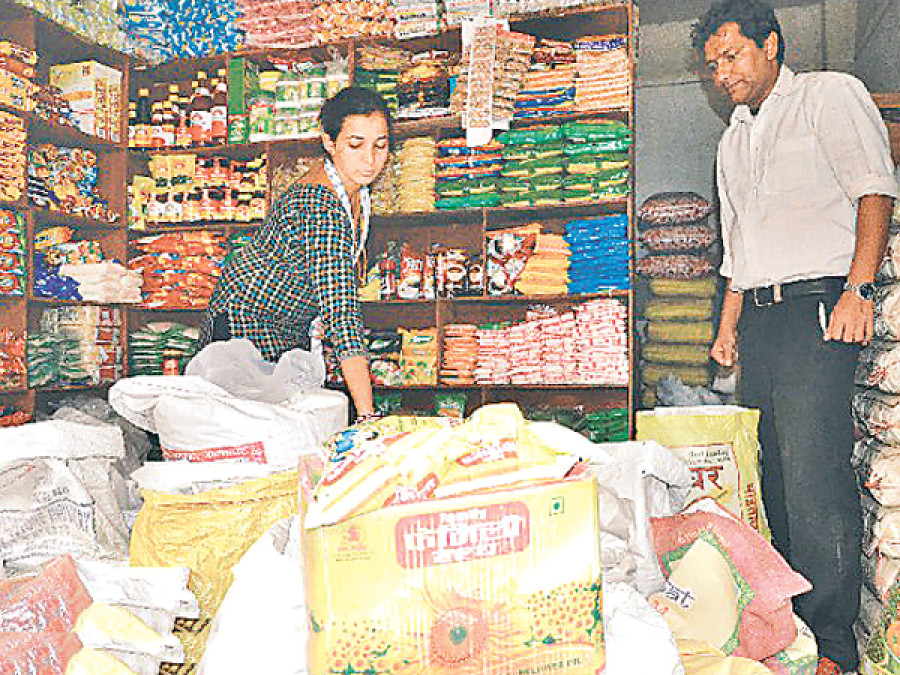
Prices of essential goods have soared as store shelves are starting to empty due to the embargo by India, making life difficult for the general public. The sustained shortage has resulted in a thriving black market, and prices have gone beyond the reach of many people.
People have blamed the absence of effective government monitoring for the entry of unscrupulous elements into the market. Prices vary widely for the same product, and it can be seen that new price tags have been attached, shoppers complain.
Prices of daily essential commodities like bread, sugar, salt, edible oil, rice and pulses have increased the most. Even though manufacturers have not hiked prices of their products, retailers have been charging more than the stated prices citing increased transportation costs.
Sugar, which used to cost Rs65 per kg two weeks ago, is being sold at Rs80 per kg. Soybean and sunflower oil are being sold at Rs280 to Rs300 per litre, against Rs180 to Rs200 two weeks ago. Apart from daily essentials, there has been a rise in prices of items like bread and noodles.
A packet of Wai Wai noodles, which has a maximum retail price (MRP) of Rs15, is being sold at Rs20 to Rs25. However, the Chaudhary Group (CG), the manufacturer of the Wai Wai brand of noodles, said that they hadn’t hiked the price of their product.
“We haven’t increased the price of noodles. If retailers are found overcharging customers, we will take action against them,” said Madhusudan Poudel, general manager of corporate communications at CG.
Pabitra Bajracharya, president of the Retailers Association of Nepal, said that manufacturers and wholesalers had been raising prices every week citing shortages and high freight charges. “Consumers usually blame us for the price rise, but we are not responsible for this,” he said, adding that government inspection teams were also only scrutinizing small grocery shops.
Likewise, according to reports from Nepalgunj, iodized salt is being sold at Rs25 per kg although its MRP is Rs19. Customers have to pay Rs150 for a half-litre packet of edible oil although its price tag says Rs118. Firewood, which used to cost Rs150, now costs Rs300.
“Everything is being sold at a higher rate than the actual price. Kitchen items have become dearer. It has become very difficult to feed one’s family, but the government is doing nothing to stop black marketing,” said Bindu Pariyar, a housewife from Tithiriya VDC in Beldadi.
Another consumer Kamala Sunar echoed her view. “We have been running the kitchen by spending extra money for the last two months. Life has become hard,” she said.
Besides imported products, domestically produced goods have also become costlier. Prices are seen to be higher in rural areas compared to the towns. Traders said that prices increase along the supply chain from wholesalers to retailers.
“We have to buy stock from wholesalers by paying more. As they were not supplying goods, we also have to bear the heavy transportation cost,” said Phanadhar Bhandari, vice-president of the Food and Grocery Traders Association.
Krishna Prasad Shrestha, president of the Nepalgunj Chamber of Commerce and Industry, said that they had asked traders not to hike prices during this time of crisis.
Shrestha added that they had been receiving varied complaints while conducting market inspections with the local administration. “The administration needs to be more active to take action against black marketers,” said Shrestha.




 7.12°C Kathmandu
7.12°C Kathmandu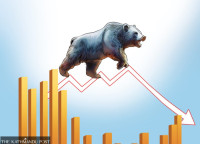



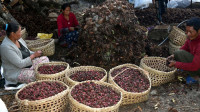


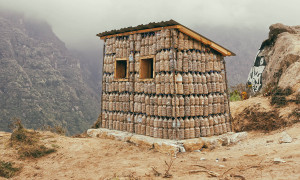

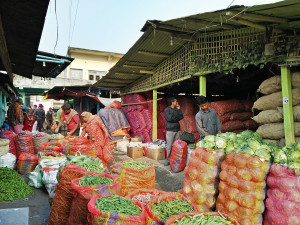
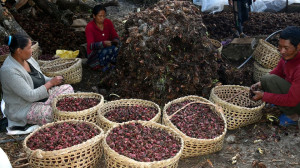


%20(1).jpg&w=300&height=200)
